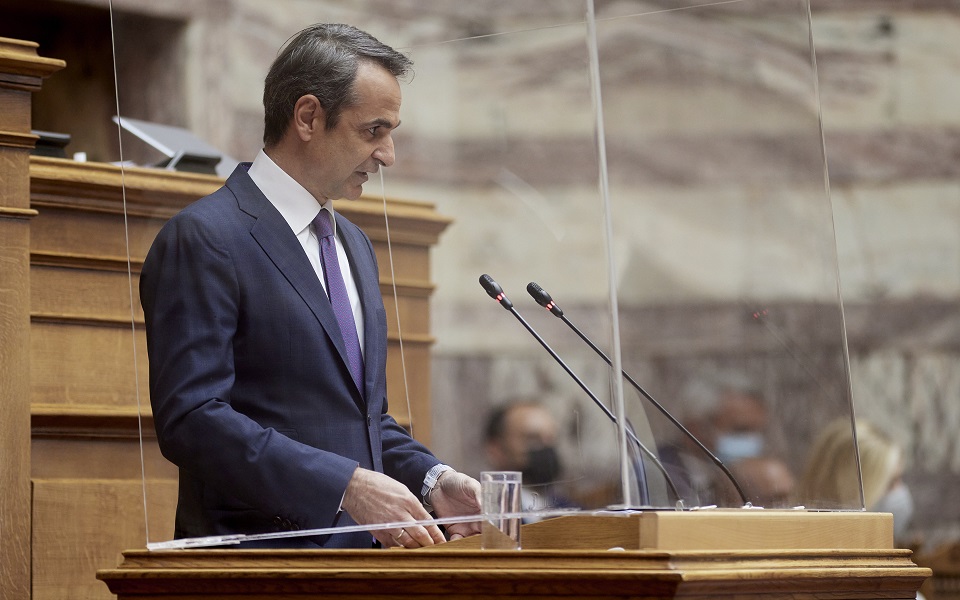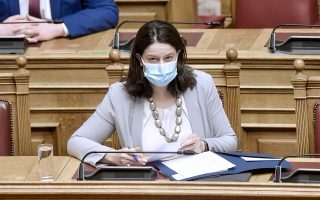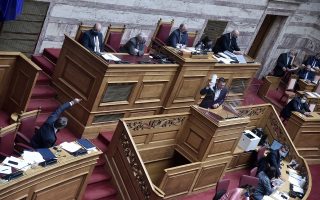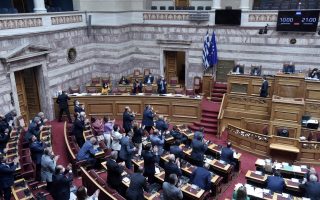No summer pause seen for reforms

Summertime will not bring in a pause in Prime Minister Kyriakos Mitsotakis’ efforts to implement his promised reforms. If anything, two bills to be tabled soon in Parliament are expected to bring further heat from the opposition.
The cabinet is set to approve draft legislation this week on supplementary pensions and the assessment of teachers and schools.
Mitsotakis is aware that the main opposition, leftist SYRIZA, will fight tooth and nail against both bills. In fact, July in Parliament, ordinarily a low-key period, is expected to become even more interesting if the government also submits the memoranda on the implementation of the Prespa agreement of 2018, under which Greece and North Macedonia agreed to end their 30-year feud, mostly over the latter’s name.
Mitsotakis relishes the prospect of confrontation, especially over the bills, as they draw a clear line between his party and SYRIZA, showing, as he believes, who is on the side of reform. He also wants to pass major reform legislation, which also includes the labor bill voted earlier this week, ahead of autumn, which he sees as a period of restart for the Greek economy, after the restrictions imposed by the coronavirus pandemic and with the help of EU money. This restart will be made tangible by two major construction projects, in the Athens areas of Elliniko and Votanikos.
The pension bill provides every person who has entered the labor market after January 1, 2020, with the opportunity to create what officials call a “personal piggy bank” through which, during their years of employment, they can create their own, tailor-made, supplementary pension.
The education bill intends not only to introduce assessment of school units, but also reintroduce it for individual teachers, whose assessment was abandoned by a socialist government almost 40 years ago; the issue is seen as a major red flag by teachers’ unions.
With this expected clash, both major parties are setting the scene for the next election, whenever it happens. The prime minister has insisted there will be an early election, and the next one will take place close to the end of his term, in July 2023. Given the existing proportional system, no single party expects an absolute majority, but Mitsotakis aims for a clear advantage that will serve as a springboard for a subsequent election, with a different electoral system.





